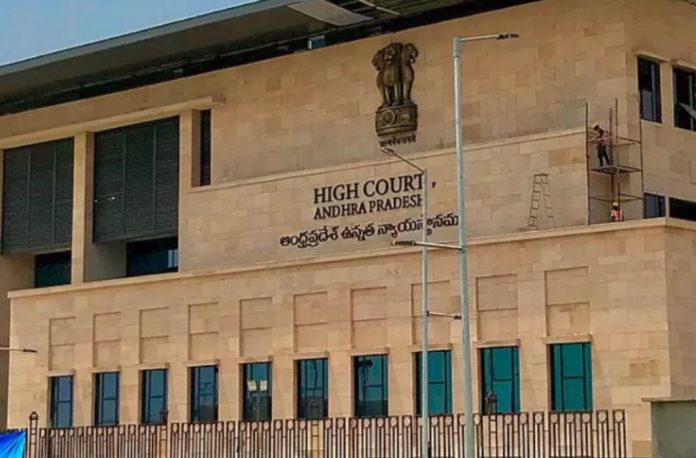This article is written by Team LawSikho.
Table of Contents
Andhra Pradesh Judicial Services Exam 2020-21
Law Graduates who wish to become members of subordinate judiciary should write the entry-level exam which is the Judiciary exam or the PCS (J)-Provincial Civil Service-Judicial Examination.
This exam is uniformly divided into 3 stages of Preliminary, Mains and Interview, across all States in India.
The State government under the supervision of respective High Courts appoints members of the subordinate judiciary.
The selection process is further dependent on yearly vacancies/number of seats.
Judicial services offer several attractive features which include handsome perks and privileges including among others- rent-free accommodation, fuel allowances, subsidized electricity and water supplies, telephone allowances, and bursaries for children’s education.
Eligibility
- Candidate must be a citizen of India;
- Candidate must have completed 3 years as a practising advocate (direct recruitment) with a maximum age limit of 35 years;
- Candidate must possess a law degree from recognized university or institution, and must be a confirmed member or approved probationer in section officers, Grade II officers etc. with maximum age limit not exceeding 48 years of age (in case of Recruitment by transfer); and
- A 5 years of age relaxation is given to the persons belonging to scheduled castes, scheduled tribes and other backward classes. And 10 years for the physically handicapped.
Syllabus
Civil laws
- Code of Civil Procedure, 1908
- Indian Contract Act, 1872
- Hindu Marriage Act, 1955
- Hindu Succession Act, 1956
- Indian Easements Act, 1882
- Specific Relief Act, 1963
- Limitation Act, 1963
- Transfer of Property Act, 1882
- Civil Rules of Practice
- Registration Act 1908, and Indian Stamp Act, 1899
- P. Land Encroachment Act, 1905
- Andhra Pradesh Buildings (Lease, Rent & Eviction) Control Act, 1960
- Indian Evidence Act, 1872
Criminal Laws
- Code of Criminal Procedure, 1973
- Indian Penal Code, 1860
- Indian Evidence Act, 1872
- Negotiable Instruments Act, 1881
- Protection of Women from Domestic Violence Act, 2005
- Criminal Rules of Practice
- P. Excise Act, 1968
- P. Gaming Act, 1974
- Juvenile Justice (Care and Protection of Children) Act
If you are interested in creating a foolproof strategy for your judiciary preparation, sign up for a judiciary preparation workshop that we are conducting on 14th December for more insights.
For more insights and updates about the judiciary exam, join our Whatsapp group here.
Source
https://blog.ipleaders.in/andhra-pradesh-judicial-services-examination/#Syllabus
LawSikho has created a telegram group for exchanging legal knowledge, referrals and various opportunities. You can click on this link and join:
https://t.me/joinchat/J_0YrBa4IBSHdpuTfQO_sA
Follow us on Instagram and subscribe to our YouTube channel for more amazing legal content.
 Serato DJ Crack 2025Serato DJ PRO Crack
Serato DJ Crack 2025Serato DJ PRO Crack











 Allow notifications
Allow notifications


